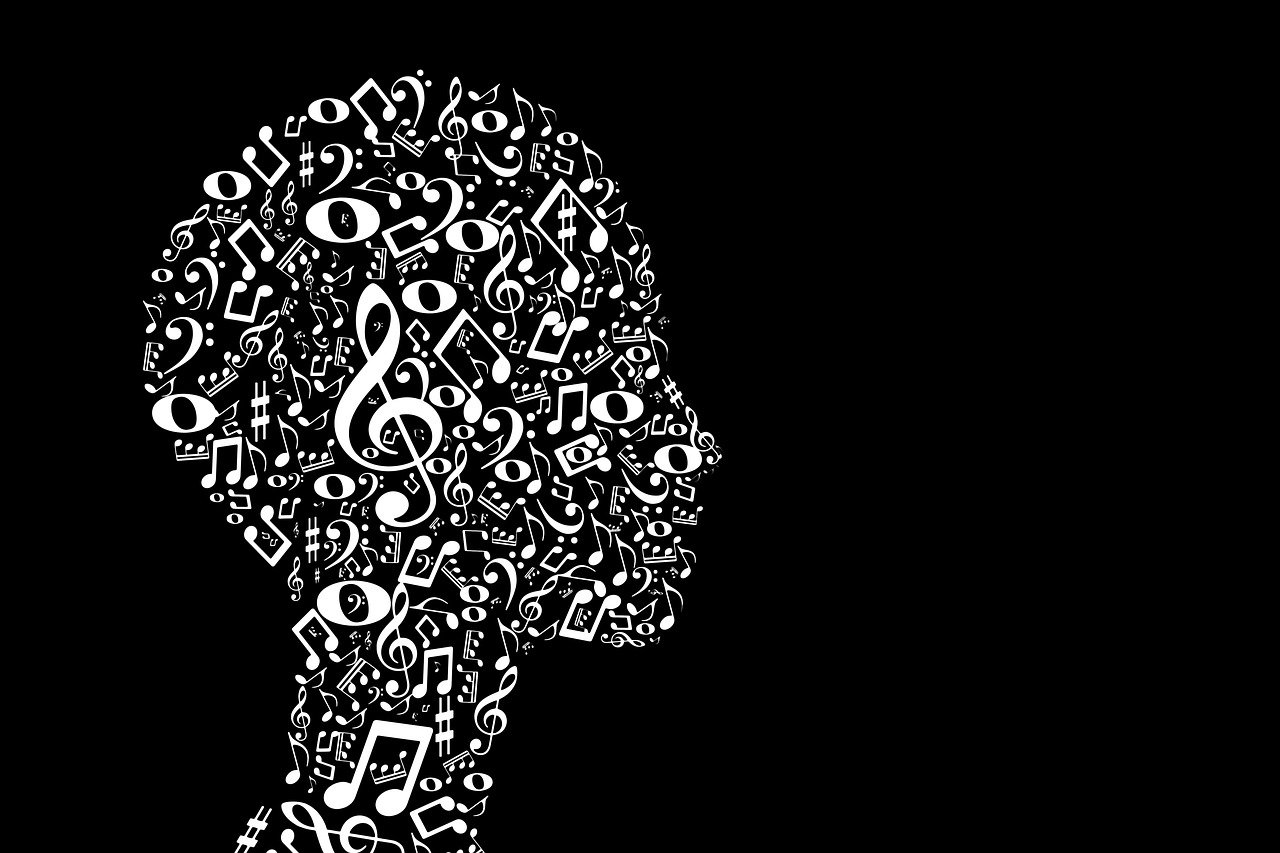Melodies are therapeutic and often utilized as a treatment for individuals to address various needs. “After assessing the strengths and needs of each client, the qualified music therapist provides the indicated treatment including creating, singing, moving to, and/or listening to music,” the American Music Therapy Association explained. Health professionals have empowered people with music therapy that allows patients to manage their medical conditions better, learn how to communicate by improving self-expression, have a safe alternative outlet, overcome trauma, enable motivation, and feel supported.
Common Misconceptions
There are common misconceptions about music therapy. Not every musical act is therapeutic in the means of addressing treatment. Playing music, in general, is not a form of therapy—how the music guides, heals and rehabilitates a patient is how music it becomes therapeutic. Another misunderstanding is that you will have to previously know how to play an instrument. The Children’s Music Fund stated how prior musical skills are not necessary “to participate and benefit from music therapy,” and that no genre or style of music is more therapeutic than another. It is all based on personal preference and what makes you most comfortable.
Top 4 Areas Where Music Can Help You:
1. Pain Reduction
Almost everyone will feel pain in their lives. Pain is inevitable, but it can be less severe with music therapy. Music allows you to focus your attention on the song and not the infliction of distress, enabling you to endure painful moments a lot easier.
2. Depression, Anxiety, and Stress
Music therapy is an effective tactic in improving your mood. Music releases endorphins in your body that touch you emotionally by affecting the human mind depending on the chord played. Listening to music creates a rhythmic mental connection that can make you happier and more relaxed. Studies also show music aids in sleep therapy, which is a significant stress reducer. Leandra Ward, a Board Certified and Neurologic Music Therapist, discussed various ways musical therapy supports your mental health that includes coping mechanisms, emotional behavior, frustration tolerance, social skills, and self-esteem.
3. Cognitive Activity
An increase in cognitive activity is commonly shown with music therapy. The brain starts functioning at a higher rate that also provides a key enhancement to an individual’s memory. Science Focus released an article that went into astounding details of the brain beneficially altering from music by explaining how it causes grey matter and the corpus callosum to thicken, the cerebellum to become larger, and how music “engages almost every region of the brain.”
4. Brain Trauma
Trauma to the brain is a severe condition that is challenging to overcome. Gaining the ability to utilize parts of an injured brain can often be thought of as an impossible feat. However, music therapy has helped people rehabilitate their brains after having experienced various types of trauma. Abigail Hagan described former Representative Gabrielle Giffords’ diagnosis of aphasia after the shooting which caused a traumatic injury that damaged her brain’s left hemisphere. She had lost the ability to speak but retrained her mind to learn language again using the brain’s right hemisphere—the side that formulates music—by attaching words to different rhythms. Music therapy can rewire your brain and create new pathways that work around damaged areas.
Many other health conditions can be treated with music therapy, such as Parkinson’s disease, autism, strokes, and asthma. Music therapy is shown to be highly beneficial for not only adults but also a large majority of children.
Allow the powerful tool of music to help heal you! Music therapy is a natural way to restore the body and mind—without the side effects and toxicity of numerous medications. Find a certified music therapist today!
Our Her Nexx Chapter Community invites you to join us where women are connecting with each other’s stories, exploring different experiences, and transforming ideas.
The Future of Connection for Women
Follow us:







